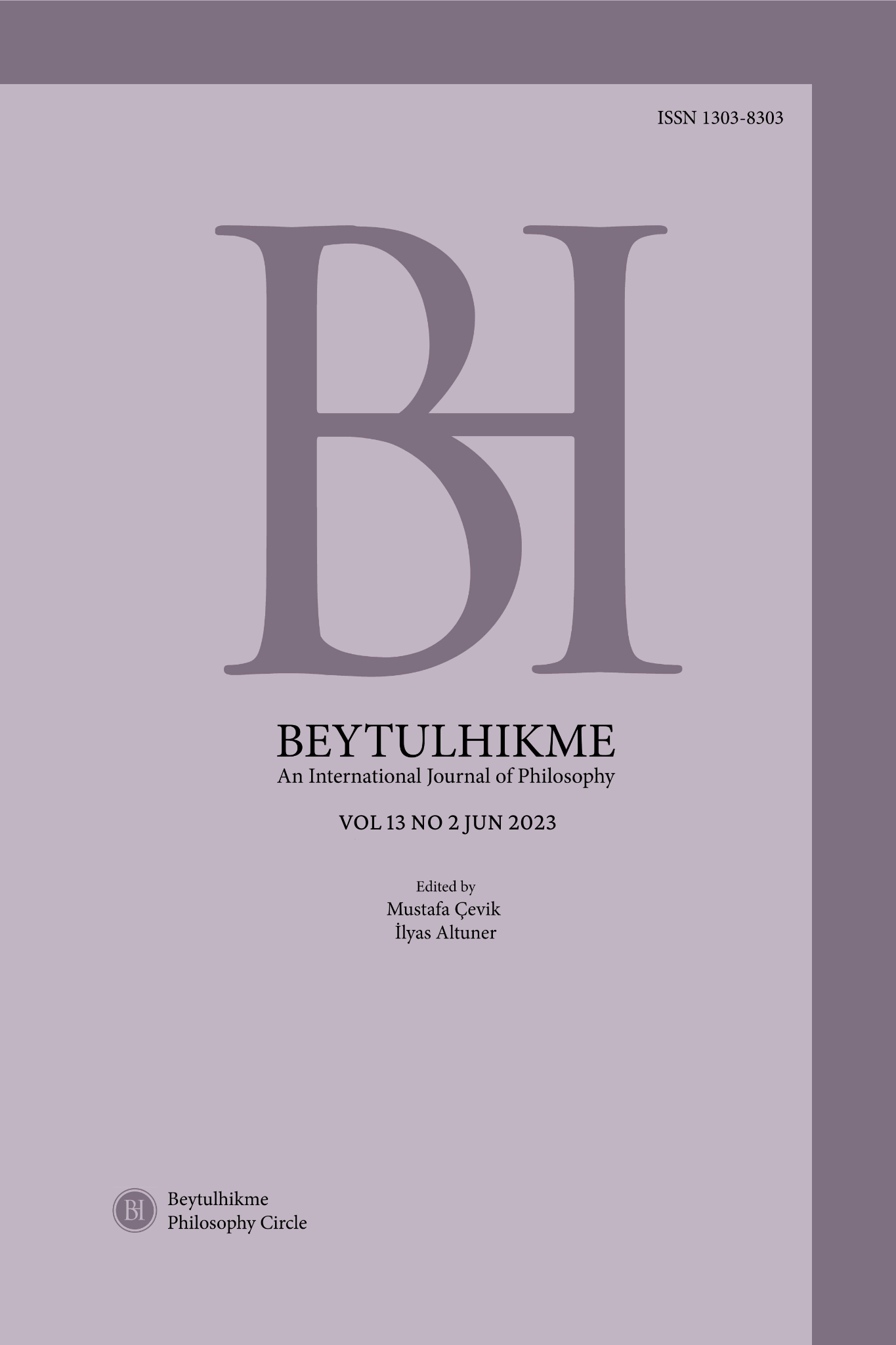Author :
Abstract
Klasik kültürlerde bedenin anatomik açıdan incelenmesine izin verilmediği için hekimlerin beden hakkındaki bilgi ve tecrübeleri oldukça sınırlı kalmıştır. Teşrih yasağının kalkması ve Descartes’ın bedene yeniden dikkat çekmesi onun incelenmesi bakımından oldukça kritiktir. Dahası, bilim ve tekniğin ilerlemesiyle birlikte tıbbın ve tıbbî aletlerin gelişme kaydetmesi, bedenin daha yakından ve daha detaylı bir biçimde incelenmesine imkan vermiştir. Klasik dönemde ruh felsefeye konu olurken, daha sonra beden de felsefenin ilgi alanına girmiştir. Modern tıpta ise, beden salt bir olgu ve mekanik bir sistem olarak kendini ele vermiş, tıp bilimine konu olan beden ve hastanın tecrübe ettiği beden şeklinde bir ikilem ortaya çıkmıştır. Böylece beden klinik tıpta önemli bir soruna dönüşmüştür. Makalenin temel konusu, bedeni tıbbî ve felsefî açıdan ele almaktır. Amacı ise, bu sorular ve sorunların gerisinde yer alan temel kaygı ve düşüncelere geri gitmek, bedeni tıbbî ve felsefî boyutlarıyla birlikte analiz etmek, tartışmak ve klinik tıbbın beden anlayışını sorgulamaktır. Böylece bu çalışma, modern dönemde bedenin tıpta nasıl soruna dönüştüğü, onu sorun haline getiren düşüncelerin ne olduğu ve bu düşüncelerle nasıl yüzleşmemiz gerektiği gibi birbirine bağlı sorulara odaklanmaktadır. Ayrıca bu çalışmada şöyle bir sonuca ulaşmayı hedefliyoruz: Beden, pozitivizm, dualizm ve klinik tıbbın öngördüğü gibi ‘kendinde şey’ olarak kalmayan, daima kendi varlığının toplamını aşan ve kendi dışına taşan bir gerçekliktir.
Keywords
Abstract
The knowledge and experience of physicians about the body was very limited since the anatomical examination of the body was not allowed in classical cultures. The abolition of the dissection prohibition and Descartes' re-drawing attention to the body is very critical in terms of its examination. Moreover, with the advancement of science and technique, the development of medicine and medical instruments has allowed the body to be studied more closely and in more detail. While the soul became the subject of philosophy in the classical period, later the body became the subject of philosophy as well. In modern medicine, the body has revealed itself as a mere fact and a mechanical system, a dilemma has emerged in the form of the body, which is the subject of medical science, and the body that the patient experiences.Thus, the body has become an important problem in clinical medicine. The main subject of the article is to deal with the body from a medical and philosophical point of view. Its purpose is to go back to the main concerns and thoughts behind these questions and problems, to analyze and discuss the body with its medical and philosophical dimensions, and to question the body understanding of clinical medicine.Thus, this study focuses on interconnected questions such as how the body turns into a problem in medicine in the modern era, what are the thoughts that make it a problem, and how we should face these thoughts. In addition, in this study, we aim at to reach the following conclusion:The body is a reality that does not remain as a 'thing-in-itself' as predicted by positivism, dualism and clinical medicine, but always exceeds the sum of its own existence and overflows itself.





